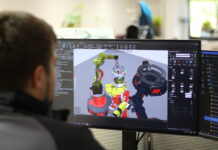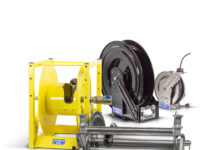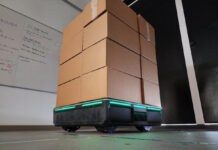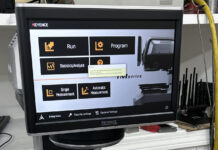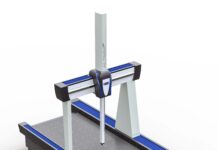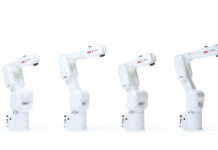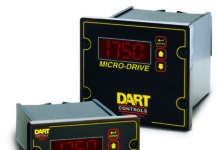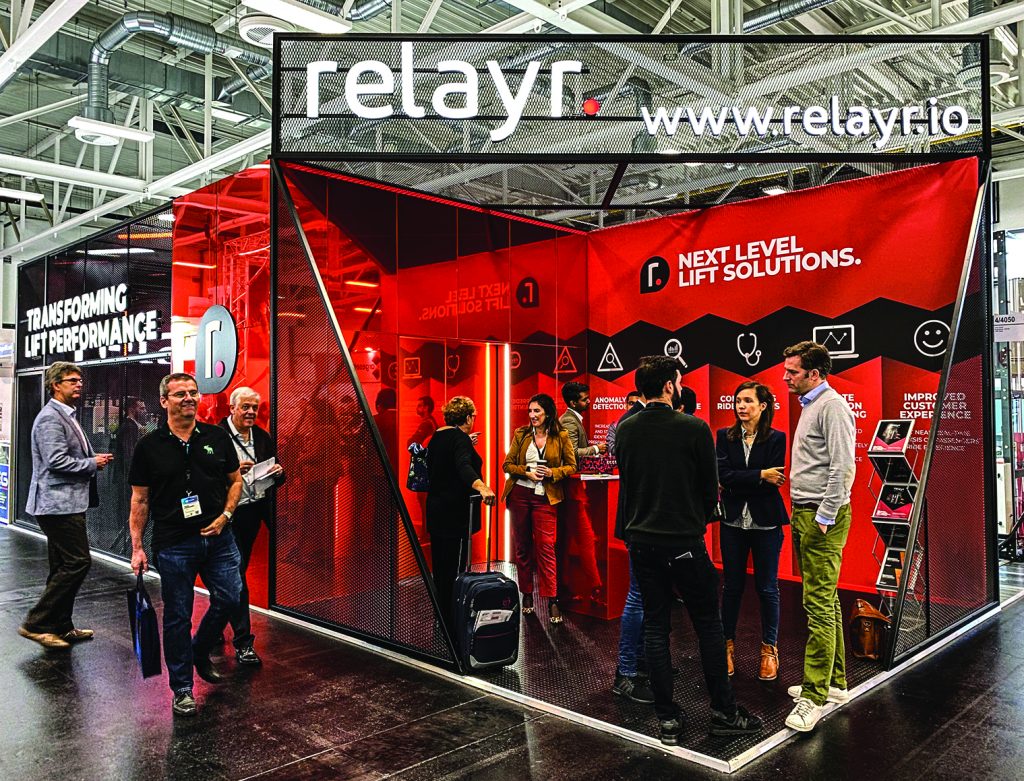 Founded in Berlin, Germany, in 2014, relayr launched its North American operations three years ago, in Chicago. It was acquired by The Hartford Steam Boiler Inspection and Insurance Company of Connecticut (HSB) in 2018, providing access to myriad global markets and accelerating its status as a leading developer and provider of Industrial IoT data and technologies. Its suite of resources and services continues to compound on a near-daily basis.
Founded in Berlin, Germany, in 2014, relayr launched its North American operations three years ago, in Chicago. It was acquired by The Hartford Steam Boiler Inspection and Insurance Company of Connecticut (HSB) in 2018, providing access to myriad global markets and accelerating its status as a leading developer and provider of Industrial IoT data and technologies. Its suite of resources and services continues to compound on a near-daily basis.
The company is made up of some 300 employees, with more than half of them involved in R&D, and it has fairly specific parameters as to the type of end-user who will best benefit from its technology, having to do with annual capital expenditures, number of employees, connectivity, digital maturity, revenue, business model, maintenance and field service procedures, etc. Preliminary discussions are held via conference call, and always begin in the same way, according to Guneet Bedi, senior vice president of global sales/general manager, Americas.

“We ask what it is they wish to achieve,” he says, “and then we listen closely before we respond. Then, should the decision be made to proceed with our relationship, we will travel to break bread with them together. That is how the process always begins.”
Bedi says he’s seen a shift in terms of the industry’s acceptance of IIoT in recent years; as is the case with any new concept, a great deal of education has been required in order to build this trust and familiarity. But a tipping point seems to have arrived as companies have come to realize the benefits – indeed, the necessity – of streamlining operations, increasing agility and capacity, adopting a subscription-based business model, and not only gathering machine data but learning to utilize it for maximum machine tool uptime and productivity. In addition, companies find that the longer they compile data from all aspects of their operations – from machine tools, to production lines, to quality control, to inventory, to shipping and receiving, and even supply chain – the more easily they can accurately project future financial scenarios. They find themselves building a company database pertaining to their singular approach to going to market, which is invaluable.
In terms of the benefits to be realized, Bedi explains that approximately 70-80 percent of them are shared by companies no matter their area of expertise: in addition to general manufacturing, relayr focuses on automotive, food processing, and power generation. These “commonalities,” as he calls them, include eliminating downtime, elevating quality, increasing equipment efficiency, streamlining production, and keeping machines running rather than sitting idle. He says that, since HSB is the largest insurer of industrial machinery in the world, it can provide data for creating “usage-based models” prior to a company making new capital expenditures that help ensure it will be a worthwhile endeavor and a good fit for its existing business activities.
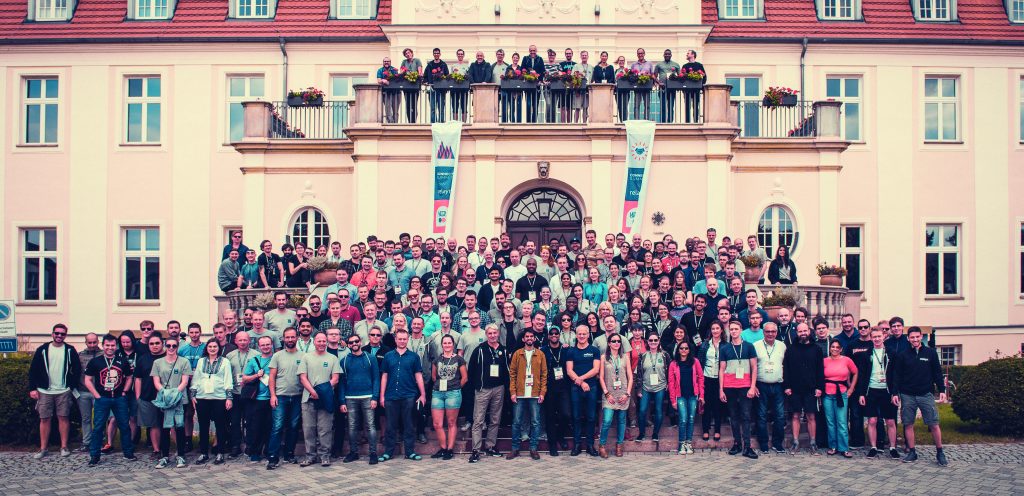 As for the “learning curve,” Bedi explains that any technology provider has a responsibility to appeal to at least two audiences these days; one will want to understand the inner workings of the technology, and the other simply wants it to work. “When it comes to things like AI and machine learning, sometimes it’s best to keep the complexity under the hood,” he says. “You take it on a case by case basis.”
As for the “learning curve,” Bedi explains that any technology provider has a responsibility to appeal to at least two audiences these days; one will want to understand the inner workings of the technology, and the other simply wants it to work. “When it comes to things like AI and machine learning, sometimes it’s best to keep the complexity under the hood,” he says. “You take it on a case by case basis.”
Which is also relayr’s approach to the training it provides, which is tailored to the customer’s needs in terms of the number of employees within a class, the depth of knowledge to be conveyed, the number and types of machines involved, technology and monitoring systems, and the degree of connectivity, robotics, and automation, etc. Onsite training is scheduled and conducted accordingly.
Bedi says one thing that’s often left out of the equation as this technology – or any new manufacturing technology – evolves involves the degree of cultural transformation that will be required. It’s important to keep in mind, he says, that industrial workers are currently experiencing a sea change in terms of how they go about doing their work, which can be stressful despite the obvious advantages. Still, acceptance is growing, and he says that relayr is finding doors opening wider with each passing day. “We’re finally getting invited to the dance,” he says, “we’re just looking for our next partner.”

